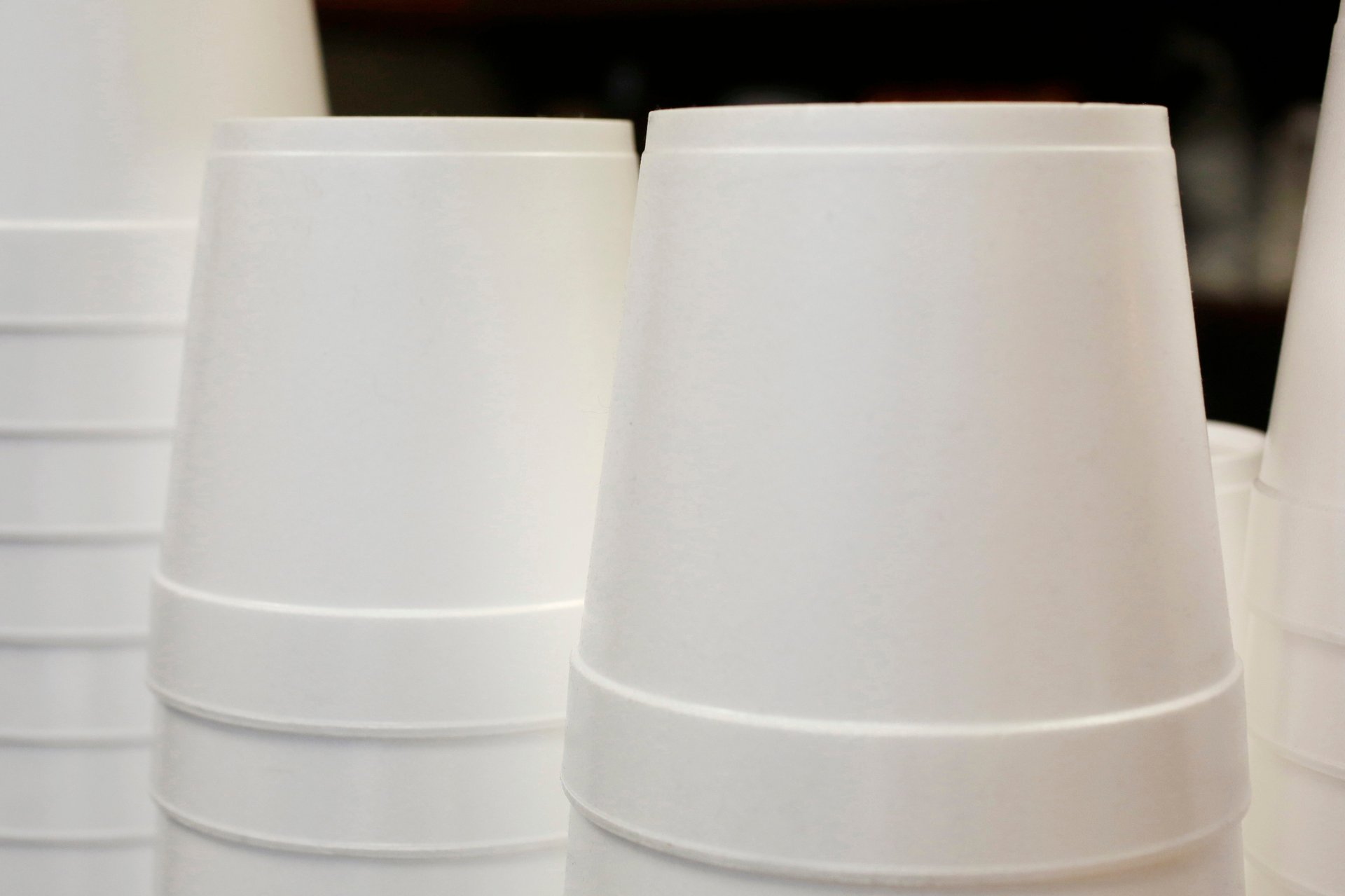The pandemic is reviving our reliance on single-use plastics
As people work to stave off infection during the coronavirus pandemic, single-use plastics have seen a surprising boost worldwide.


As people work to stave off infection during the coronavirus pandemic, single-use plastics have seen a surprising boost worldwide.
Polystyrene plastic especially has risen in popularity. According to Bloomberg, two major companies that make polystyrene products, Ineos Styrolution and Trinseo, have seen “double-digit percentage sales increases in the food packaging and health-care industries” through February, March, and April.
Polystyrene can be made into hard plastic (used in toys, car parts, and take-out food containers) or combined with air to make foam-like solids (surfboards or styrofoam packaging). Like most plastics, it’s made from petroleum byproducts, so the dip in global oil prices has made it even cheaper to produce.
The way people and industries have faced the pandemic has led to an increase in the uses for polystyrene products. Food stockpiling can mean more single-use plastics flying off the shelves at grocery stores. During lockdowns, restaurants that might have served meals on washable ceramic dishes were relegated to take-out only, which meant putting that same food into plastic to-go containers for each customer. In medicine, polystyrene often makes up the petri dishes, test tubes, and test kit packaging needed to diagnose cases of Covid-19.
The boost in sales during the pandemic was a surprise to some executives at plastics companies, Bloomberg reported. The use of polystyrene had been declining for more than a decade. Cities have started to ban certain products made from the material, and environmentally minded consumers have found ways to incorporate more reusable and recycled materials into their lives.
But the pandemic has pushed people to prioritize hygiene over environmental concerns, at least for now. As some industry leaders told Bloomberg, they suspect the trend will abate once the pandemic ends.
In the meantime we’re flocking to polystyrene, most formulations of which cannot be recycled.